

How Can You Invest in Marijuana?... in Canada — and Why the World Still Looks to Us
Canada has long been the beating heart of the global cannabis movement. When the Cannabis Act came into effect in 2018, it didn’t just legalize marijuana — it launched an entirely new industry built on science, transparency, and compassion. What began as a bold social experiment has evolved into a multi-billion-dollar market, positioning Canada as the gold standard in cannabis quality, genetics, and research.
Canada may have been the first G7 country to legalize cannabis nationally, but it was only the tip of the iceberg. What started here as a pioneering step toward regulated access is now expanding globally — with new energy coming from Europe, Africa, and a potential policy shift in the United States that could reshape the entire cannabis market.
The “Green Rush” that followed legalization brought immense excitement — and hard lessons. Publicly traded giants like Tilray, Canopy Growth, and Aurora Cannabis saw their stock prices soar as investors chased quick profits. But by 2020, oversupply, strict regulations, and unrealistic expectations led to a sharp correction. Many early cannabis stocks collapsed, wiping out billions in market value. The bubble burst — but what remained was a more stable, transparent, and globally respected industry.
Now, in 2025, that stability is paying off. The U.S. has already passed legislation to legalize medical marijuana at the federal level, though implementation is still pending — a potential catalyst that could reshape the global landscape overnight. Analysts agree: once the U.S. rollout begins, it could become the single biggest boost to the industry since Canada’s own legalization. When former U.S. President Donald Trump posted a viral video endorsing CBD for wellness earlier this year, stocks like Tilray Brands (TLRY) and others briefly surged, proving how sensitive the sector remains to public sentiment and policy signals.
The U.S. market is massive — by some estimates worth over $30 billion annually — and companies like Tilray, Canopy Growth, and Curaleaf are already positioning themselves to take advantage of it. This renewed optimism highlights how Canada continues to influence global trends, both as a producer and as a model for regulation.
Our reputation wasn’t built by accident. From licensed producers to micro-cultivators, nurseries, and research and development (R&D) licence holders, Canadian growers are recognized worldwide for clean genetics, advanced cultivation methods, and precision agriculture. Countries across Europe and Africa now look to Canadian expertise — hiring our growers, sourcing our genetics, and replicating our quality-control systems. Canadian cannabis is known not just for potency, but for consistency and safety. Even the ACMPR personal grow licence in Canada has become a model for patient empowerment, allowing individuals to cultivate their own medical cannabis plants with the same integrity and care as professional growers.
What makes Canada unique is accessibility. You don’t need to be a large corporation to participate. Under Health Canada’s framework, patients can apply for a Personal or Designated Grow Licence, giving them the freedom to grow for themselves or for another registered patient. These licences have fewer restrictions than commercial ones but open up a world of opportunity — from personal cultivation and small-batch production to research and development, genetic breeding, and strain innovation. For passionate growers, this is a legal gateway into hands-on cannabis science.
For more official business activities, licences such as Nursery, Research and Development (R&D), and Micro-Cultivation are ideal starting points. These are the smallest-scale commercial licences available in Canada and offer entrepreneurs a low-barrier entry into the regulated market. They allow for controlled, small-batch growing, breeding new genetics, or supplying clones and seeds — all within a framework designed to support growth, innovation, and compliance without the heavy burden of a full-scale commercial licence.
Meanwhile, Europe and Africa are stepping into the spotlight. Germany, Switzerland, and the Czech Republic are expanding access to medical cannabis, laying the groundwork for EU-wide consistency. In Africa, countries such as Lesotho, South Africa, and Zimbabwe are investing heavily in cultivation infrastructure, with many sourcing genetics and consulting expertise directly from Canadian companies. Canada’s climate-controlled research model, combined with its patient-focused care system, continues to be the international reference point for how to do cannabis right.
For those looking to participate — whether as an investor, patient, or cultivator — Canada still offers one of the most comprehensive and legitimate pathways in the world. A medical cannabis clinic in Toronto, or anywhere across the provinces, can connect you with qualified cannabis doctors and patient educators who guide you through authorization and safe usage. From there, you can register for your Health Canada medical cannabis licence, giving you full legal protection and the ability to grow your own plants under the ACMPR framework. Veterans managing PTSD and other chronic conditions can also access free support through Grow Vets, which has helped countless Canadian veterans receive their medical authorizations and grow licences since the early days of the program.
Canada wasn’t just the first major nation to legalize cannabis — it set the blueprint for the world to follow. From large-scale producers to personal cultivators conducting their own genetic research, our system encourages innovation at every level. While the U.S., Europe, and Africa continue to build momentum, Canada remains the foundation of this global movement.
Whether you’re watching the markets, investing in cultivation, or exploring medical cannabis for your health, the opportunity is here — mature, regulated, and ready for the next wave of growth. If you’re ready to explore your options safely and legally, visit GrowLegally’s Medical Cannabis Clinic in Toronto to learn how we help Canadians navigate Health Canada licensing, personal growing, and patient care with compassion and expertise.
Previous Post
Next Post

Storing Medical Cannabis – Learn how to properly store your cannabis and keep its potency strong.
Go To Post
Before Acquiring Medical Marijuana, Here Are 2 Questions That Your Doctor Is Likely To Ask You (Plus a Bonus One!)
Go To Post



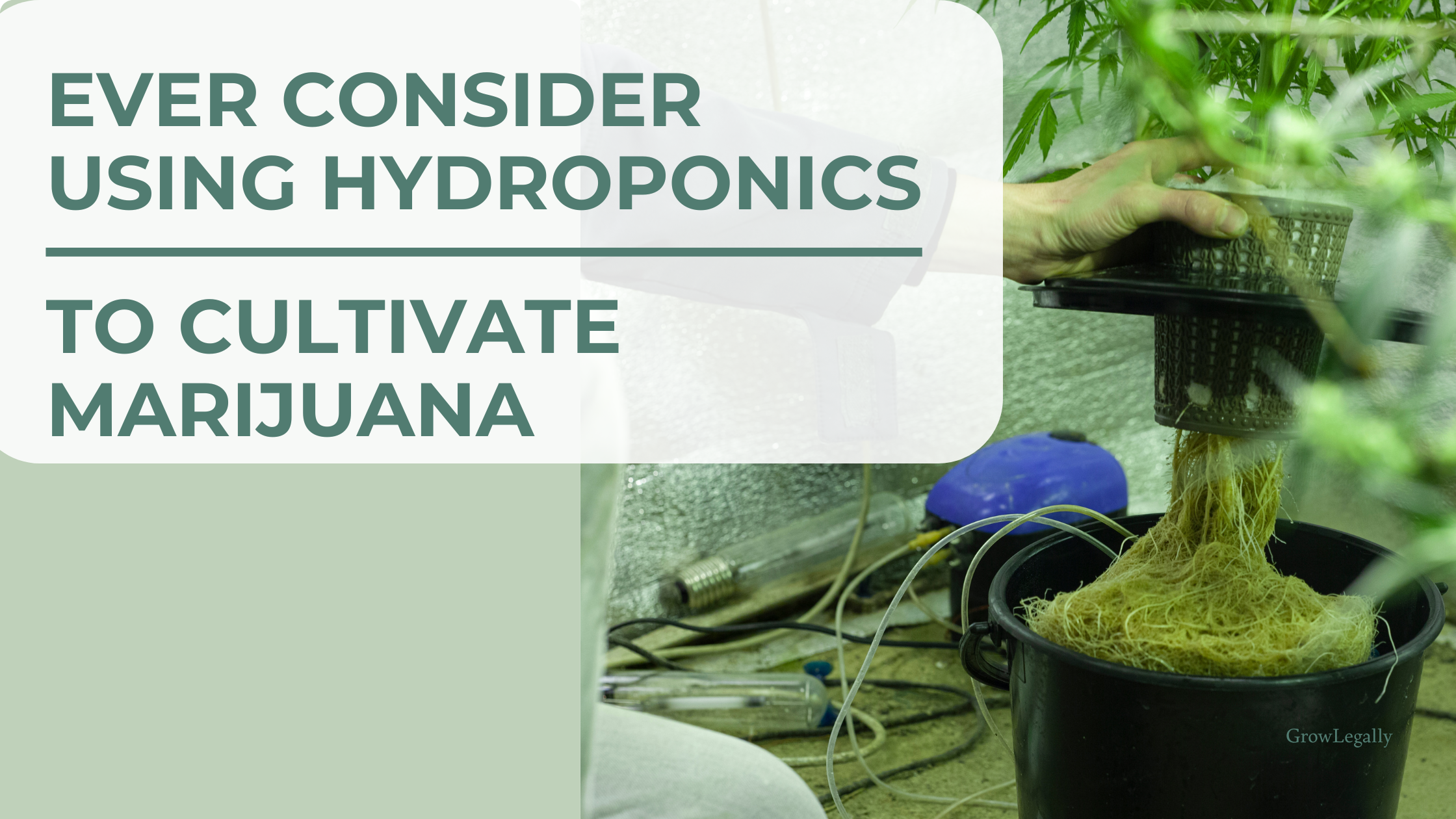

.png)



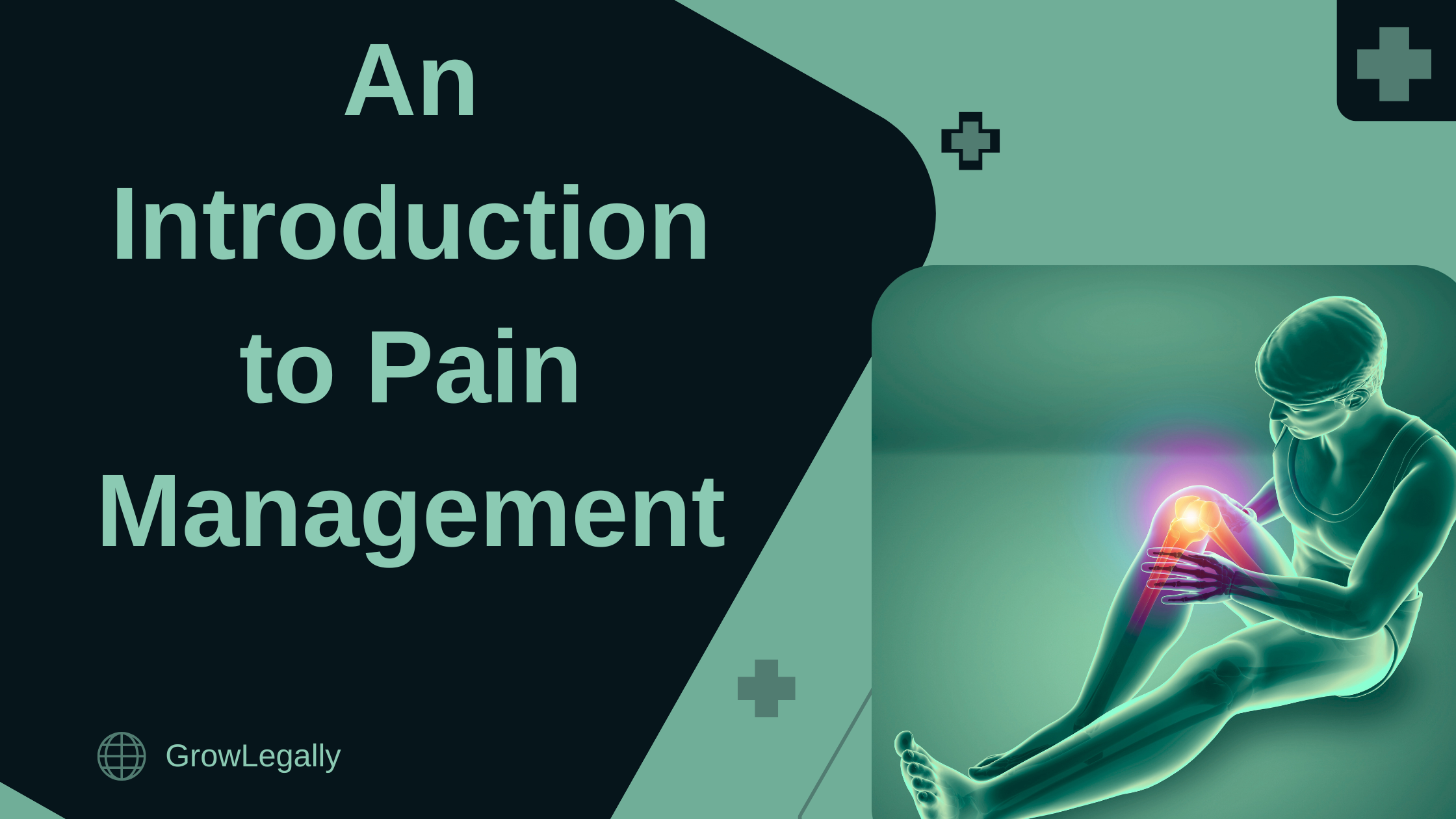

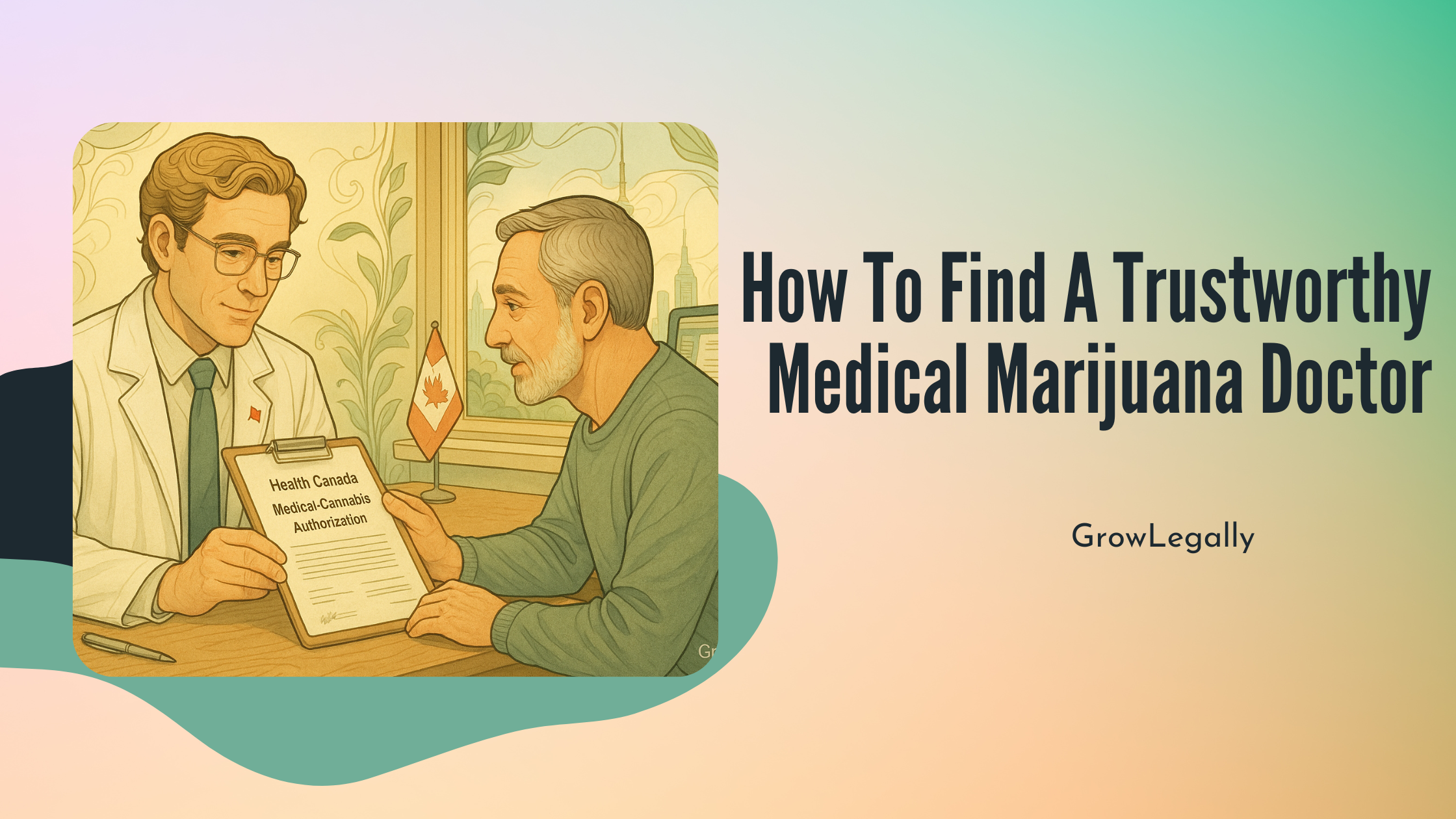

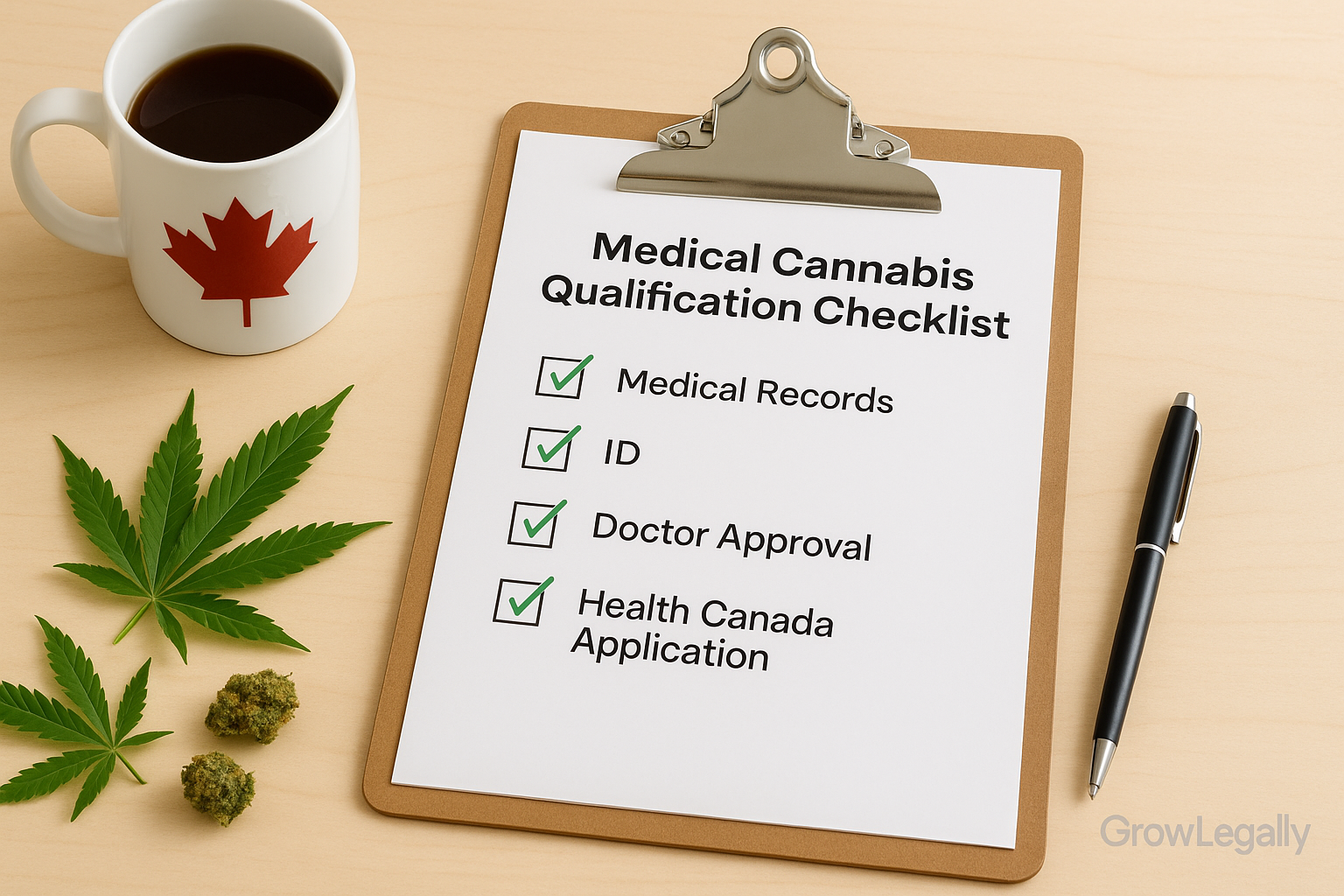
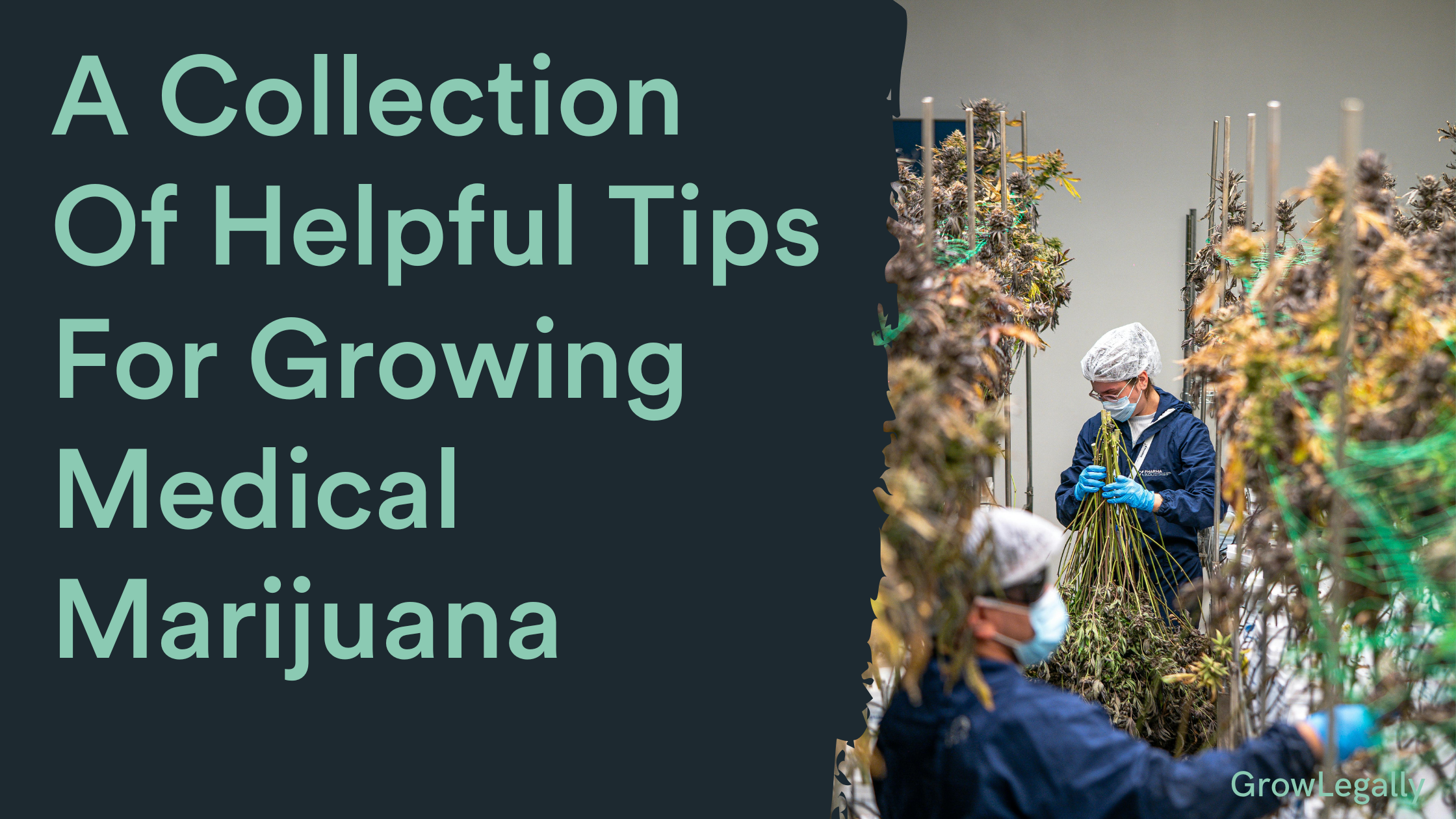
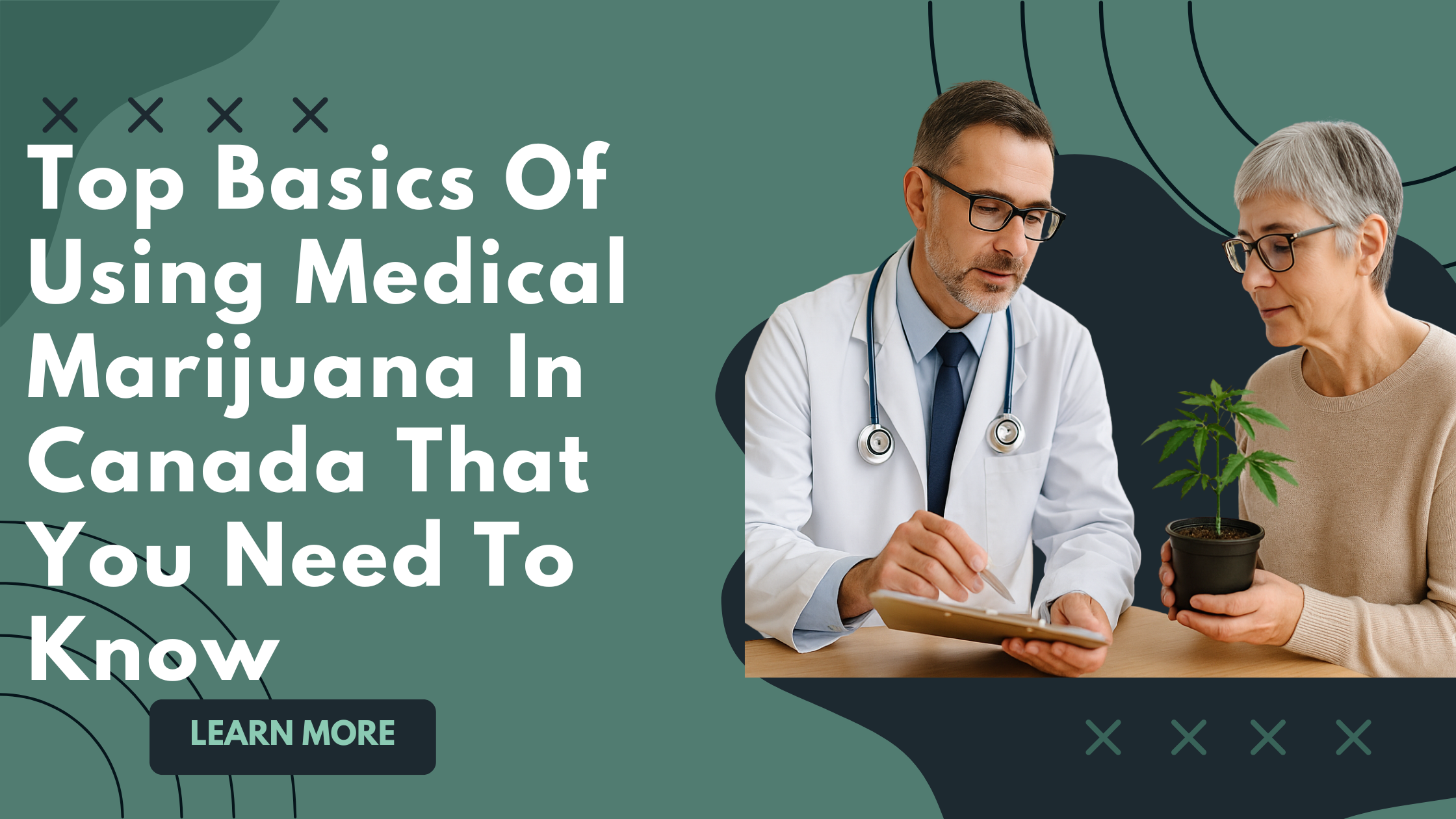
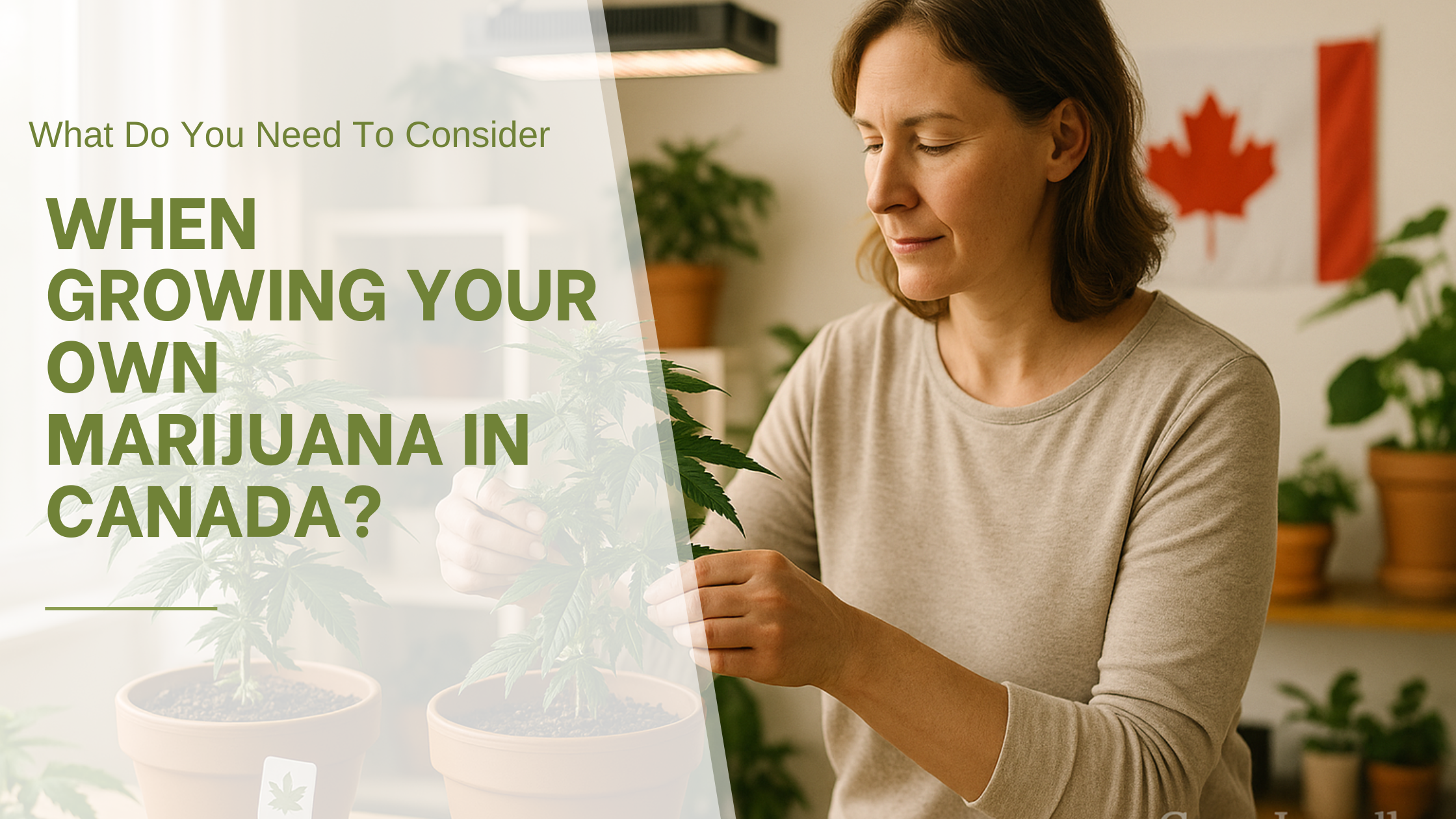


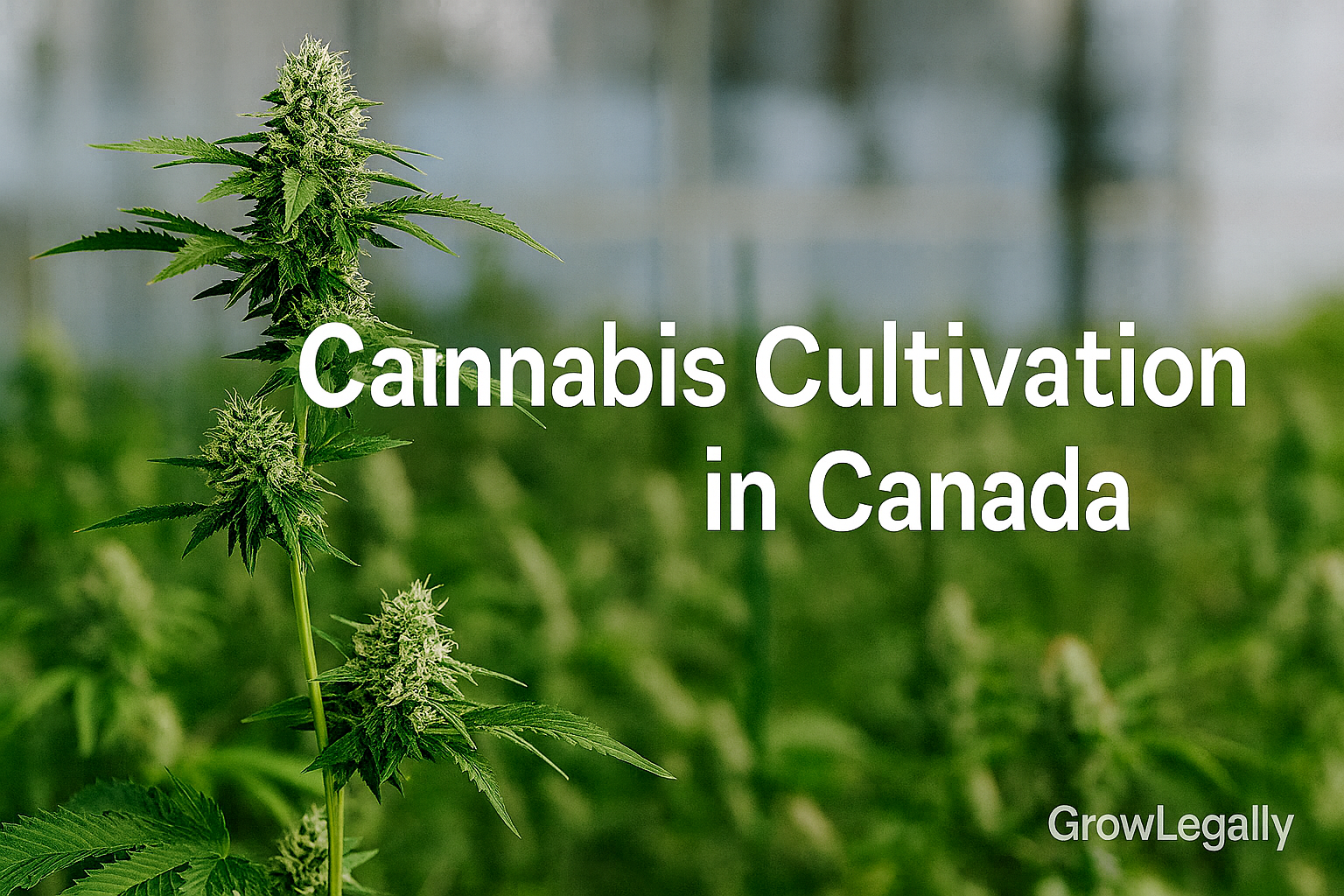
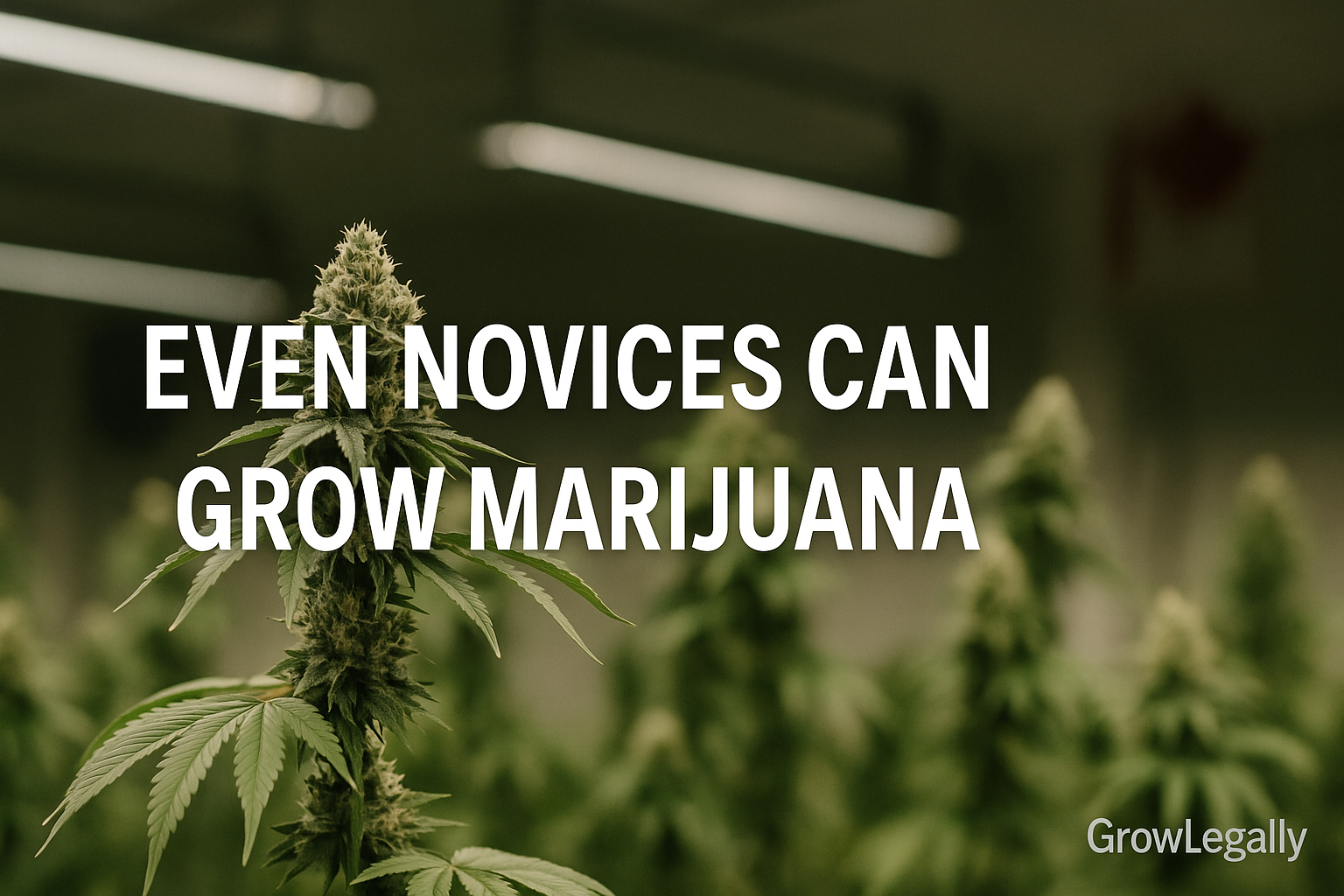




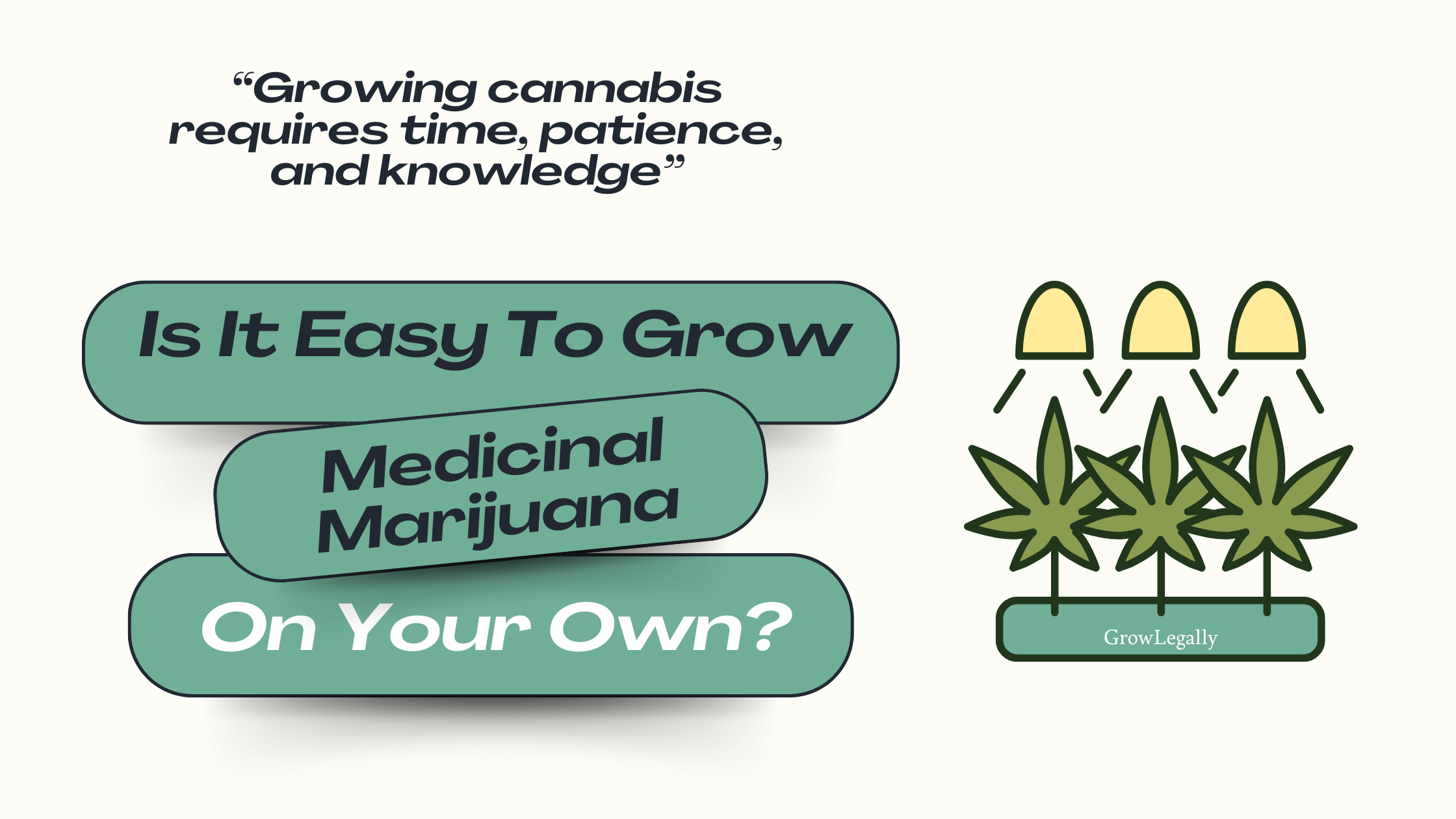






















.png)

















































.png)




























